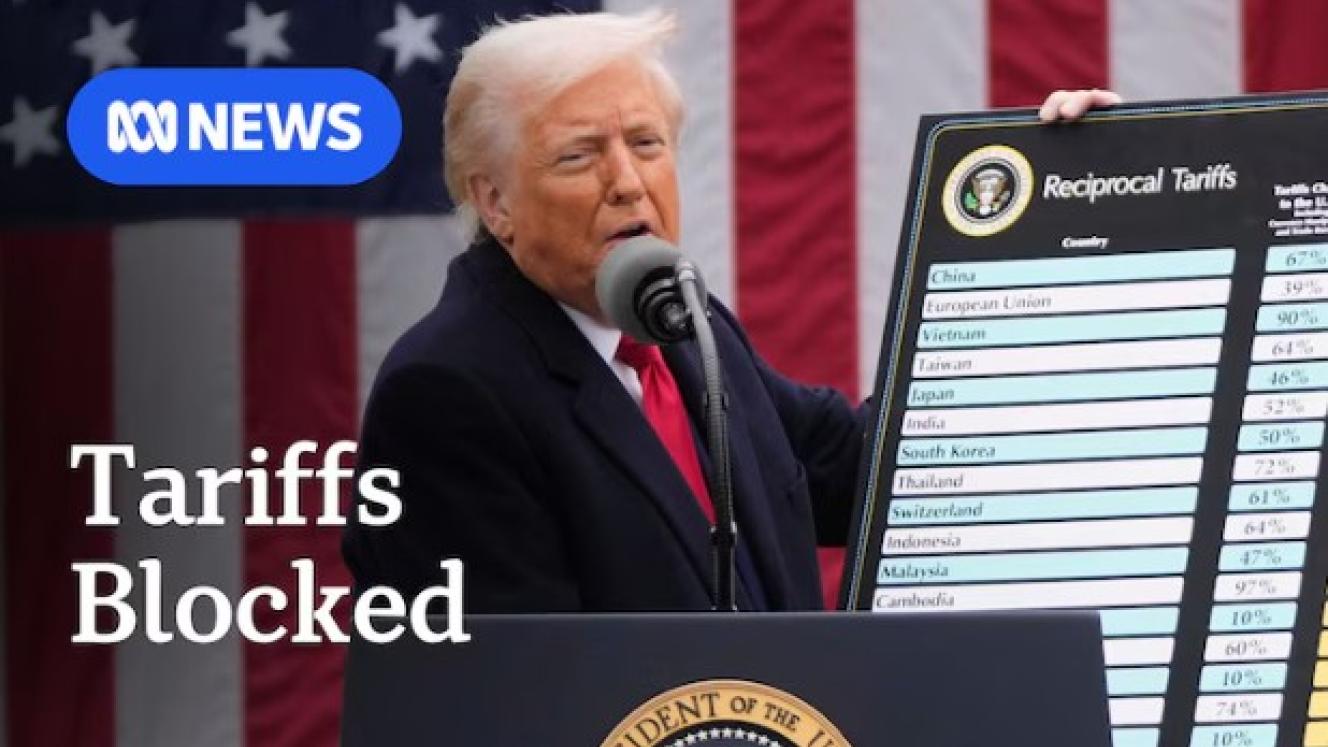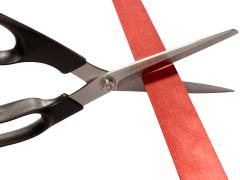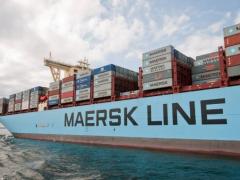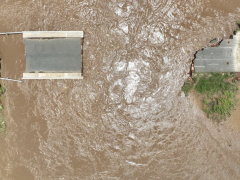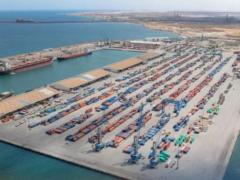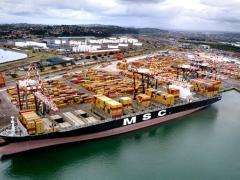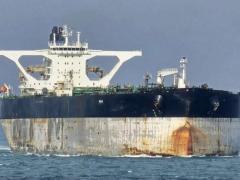The United States Court of International Trade has blocked former President Donald Trump’s so-called “Liberation Day” tariffs, delivering a significant blow to his trade agenda and halting the controversial duties from taking effect.
A panel of three judges in Manhattan ruled on Wednesday that Trump had exceeded his legal authority by imposing sweeping tariffs on imports from countries that export more to the US than they import.
Reuters and various other news sources report that the court found that the US Constitution grants Congress — not the president — exclusive power to regulate trade with foreign nations, and that this authority cannot be overridden by the president’s emergency powers, even those intended to protect the national economy.
The judges reached consensus that, “the court does not pass upon the wisdom or likely effectiveness of the President’s use of tariffs as leverage. That use is impermissible not because it is unwise or ineffective, but because [federal law] does not allow it.”
The ruling came in response to lawsuits brought by a coalition of small businesses and 13 US states. The plaintiffs argued that the tariffs would harm their operations, with affected companies ranging from a New York wine and spirits importer to a Virginia-based maker of educational kits and musical instruments.
The court’s decision immediately suspends the implementation of the tariffs, except for those already levied on Mexico, China, and Canada prior to 2 April, when reciprocal tariffs were announced for most of America’s trading partners.
The announcement included 30% tariffs for South African goods, reduced to a baseline tariff of 10% after a 90-day pause period was instituted following the 2 April announcement.
It is the ensuing tariff repercussions that prompted a high-level delegation by the South African government to visit Washington last week.
The court specifically rejected Trump’s reliance on the International Emergency Economic Powers Act (IEEPA), stating that the law does not grant the president the authority to impose tariffs without explicit congressional approval.
The decision marks the first major legal defeat for Trump’s tariff policy, with at least five other legal challenges still pending.
While the ruling is a major setback for Trump’s trade strategy, the White House is expected to appeal. The administration could seek an emergency stay from a higher court, which would allow the tariffs to be enforced during the appeal process.
The outcome represents a broader rebuke of executive overreach in trade policy, reaffirming Congress’s constitutional role in regulating international commerce. — SOURCE: Washington Post and others.
